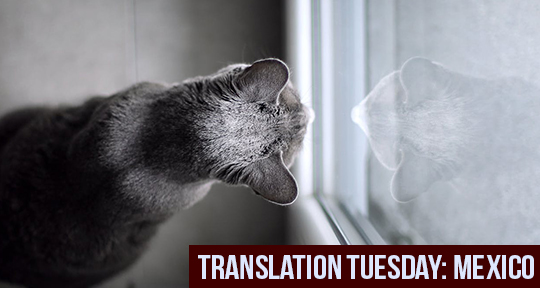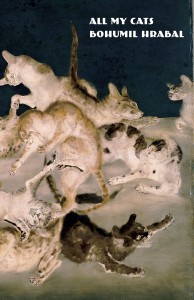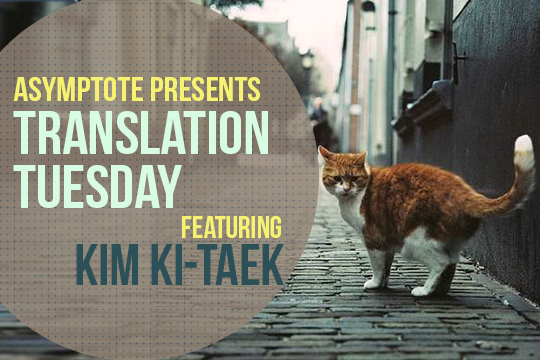One of Mexico’s leading writers, Carmen Boullosa gives us the unsettling story of a thirteen-year-old girl who comes to grips with the grief of losing her mother as she navigates life under the deranged household and authoritarian control of her father and new stepmother. All this while, supernatural elements haunt her experience of home: how is she the only one who sees the cat with eight legs next door? What does the ghost of her mother, who paces around the house visiting her six children, want to say? Blending the comic and the macabre, and told from the perspective of this unforgettably precocious narrator, this week’s story opens up the mutinous, multitudinous feelings of needing to find answers, of having to name one’s feelings, in short, the messiness of what we call growing up.
My season in hell lasted from November 1970 to July of the following year. It seemed so long, I thought for sure that it would last the rest of my life, that my only ticket was to misfortune. I was thirteen and had just barely become a woman—back then girls took a long time to mature.
Nothing made sense, and when I say nothing, I mean nothing. For example: the neighbors had a cat that I used to see from my bedroom window, basking in the sun and grooming himself at the foot of a glass door in his garden. He was black and white, which is how he got his name, Cow. Cow had a temper—on our block we said that he was our guardian cat because he attacked at the slightest provocation dogs, children, women, street sweepers, or cats. Since that hellish November, I continued to see Cow where he always was, and a short distance away, inside the neighbors’ glass door, I noticed another, identical, cat, lying on the rug, taking a nap. When I could, I asked the neighbor—who was my age—“Hey, is the other cat Cow’s son? Because they are identical.”
She answered me, “Come on, we don’t have another cat, Cow wouldn’t stand for it, you know that.”
“But I have seen him, inside your house,” I said, and in response she looked at me like I was crazy.
From my window, I continued seeing double: one sleeping cat, and one kitty grooming himself. Today I have no doubt that no one else saw the second cat, only me. But things went on like that. For me every cat had eight legs. READ MORE…




